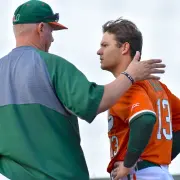The warning signs were there long before the NCAA Tournament. The Canes had lost 3 ACC road series in a row and gone 0-2 at the ACC Tournament, including getting run-ruled by Wake Forest.
But the home record was still intact, and when the Canes earned the #6 National Seed there was a prospect of finally making it back to Omaha without having to perform outside Coral Gables.
There was a caveat, though. Miami drew Arizona and Ole Miss in their regional, two very talented, underachieving teams. That meant on paper, the Canes were not better than those teams. Still, at home, and with what was essentially a free pass into the winner’s bracket with Canisius in the first game, Miami’s season still had promise.
The Long and Winding Road to Irrelevance
The University of Miami is young for a university, less than 100 years old. And for that reason, it is rarely a blue blood or aristocratic in anything. Baseball is the exception. Whereas in football the Canes burst onto the scenes as outsiders in the 1980s, in baseball they, through former manager Ron Fraser, were foundational in popularizing the sport.
And from 1973-2016 the Canes were mainstays, not just in the NCAA Tournament, making it every year, but in Omaha, making it 25 times.
In 2016, the last year of this tournament run, the Canes converted a national seed into a trip to Omaha. They did this, not by necessarily playing great, but coming through in the clutch. They won 2 one-run games in the regional to get past Long Beach State, and then used all 3 games to get through Boston College and make it to the College World Series.
But this was the beginning of the end. The Canes couldn’t hit in Omaha, scoring a combined 4 runs across two games. After getting blown out by Arizona, the Canes trailed UC Santa Barbara 5-3 in the 9th inning. They needed 2 runs to force extra innings. And with a runner on 1st and 1 out, with veteran lefty first baseman Chris Barr at the plate, maybe there was one last rally left in the 2016 Canes.
Except Barr never batted. In what was a horrific foreshadowing of the inexplicable demise of the program that echoed all the way into last Sunday’s elimination at the hands of Arizona, then manager Jim Morris chose to pinch hit for Barr with Peter Crocitto. It’s not that Crocitto was a bad player, it was that he had hardly played. Barr had 282 plate appearances in 2016, Crocitto had 60. In his last act as a Hurricane (he would go the NAIA route after the 2016 season), Crocitto grounded into a double play to end the Canes season.
Miami expected to be back. They always get back. And then 2017 happened. The Canes went 31-27 and missed the NCAA Tournament. They were the last team out, and this was largely due to their horrific play in midweek games. Miami was over .500 in ACC play at 16-13, but 1-game over .500 in non-conference did them in.
If 2017 was bad, 2018 (Morris’ last year) was worse. The Canes once again went 16-13 in ACC play, but were a game below .500 out of conference, missing the NCAA Tournament again.
To this day, current manager Gino DiMare stresses the importance of midweek games. Losing midweek games ended the NCAA Tournament streak for the Canes.
This history is painful, but it’s important to understand what Gino DiMare inherited. It was not the machine that Ron Fraser left to Jim Morris and that Jim Morris then carried forward for over 20 years. It was a failing program at its lowest point in over 40 years.
Not Good Enough
DiMare hit the ground running. The 2019 Canes were a resurgence. The end of the Morris’ tenure saw the Canes struggle at the plate, seemingly being left behind by college baseball. But the 2019 Canes powered up. A young team guided by power bats slugged their way through the ACC. Alex Toral was one of the top HR hitters in college baseball and the Canes were fun again.
They, frankly, should have hosted regionals, but they just missed out and were sent to Starkville. Miami was confident, but, in a sign of things that are now so commonplace as to be unnoticeable, the Canes blew the opener. It started well. In the 3rd inning, the Canes hit 2 HRs and went up 4-0. They just needed to press their advantage and step on Central Michigan’s throat to advance to the winner’s bracket game against Mississippi State.
What happened from there is going to be painfully familiar. The Canes gave up 5 runs in the next 2 innings, aided by a massive error resulting in multiple unearned runs. They ended up losing 6-5. Despite winning 2 in a row to eventually face Mississippi State, including an 18-3 win avenging the loss to CMU, the Canes were eliminated by Mississippi State.
2020 was going to be different. The bats were returning, the pitching staff was solidified. Miami was a Top 5 team. And then COVID happened, and the season cancelled.
The bulk of the pitching staff went pro, but in 2021, the Canes still had a good team, with most of the 2019 and 2020 field players returning. But something had changed. Whether through complacency or regression, the Canes were not nearly as good. By the time they went 0-2 in the ACC Tournament, any opportunity for a host had gone. And they were promptly sent to Gainesville.
Losing to UF has been a mainstay in the disintegration of the Canes’ program, so being in their regional was not a welcome sight. But like Moses parting the Red Sea, the bracket opened up for Miami. UF would lose to 4-seed USF and 3-seed USA. Miami just had to beat 2 lower conference, lower seeded teams to make the Super Regional for the first time in 5 years.
Despite Moses parting the Red Sea, the Canes still managed to drown in it. They scored 5 runs in 3 games, with the bats completely disappearing. Somehow, they won the opener 1-0, but lost the next 2 games and went back to Coral Gables a battered and embarrassed group.
Many of that promising 2019 class still had eligibility left, with an extra year being granted for COVID. Nonetheless, they were shown the door, scapegoated for the underperformance of the team.
Resurrection Of Sorts
Whether those 2019 players would have contributed this year is hard to say. With the Canes earning a National Seed, the regular season goals were accomplished.
But in the postseason, the bats disappeared again. They were able to score against Canisius aided by Yoyo Morales’ 3 HRs, but against Ole Miss and Arizona, it wasn’t nearly enough. In a Black Sunday which saw the Canes lose twice, and lose their season, they totaled 4 runs. More frustrating still is that they pitched well, and had it not been for errors in the field, and the inability to get productive outs, they would have won both games.
They could have put Ole Miss away early, with the bases loaded and 1 out. But the Canes swung their way out of the inning, chasing pitches out of the zone from a pitcher that couldn’t find it. After taking the lead 1-0, Miami couldn’t hold it. And when the Canes tried to rally in the 9th, with a 1-out double, they couldn’t.
Arizona was basically the same game. Miami lead 3-2, and had 2nd and 3rd with no outs in the 8th. They could have blown the game open. Somehow, they didn’t score. And with 2 outs and no one on, an error fueled a 2-run rally Arizona. When the Canes had the tying run on 3rd with less than 2 outs in the bottom of the 9th, with the season on the line, the failure was inevitable. Miami, for what seemed like the millionth time over the 2 games that Sunday, just needed to put a ball in play. A productive out ties the game.
What did Gino DiMare do? He took a page out of his predecessors’ book. Lefty Eduardo Villegas was up against a righty. He could have let him bat. He also could have pinch hit with Jacoby Long, a low strikeout hitter likely to put the ball in play. Instead, he went to the righty Gaby Gutierrez, who had struck out 30 times in 86 plate appearances. If you’re asking if he struck out, you haven’t been paying attention.
And when a groundout ended the game, Miami had failed to advance to the College World Series as a National Seed for the first time in school history.
Full Circle
Somehow the Canes ended up back right where they started in their 2016 elimination from Omaha. 4 runs scored across 2 games, the last glimmer of hope frittered away with an inexplicable pinch hitting decision.
Something is broken in this program. As we saw the cacophony of scores reverberate across college baseball with teams routinely scoring in double-figures and eclipsing the 20-run mark, outside of a game against Canisius, the Canes couldn’t score. When they needed to make plays in the field, they made errors. A program built on clutch moments, clutch pitches, and clutch hits can no longer execute in the operative phases of games and seasons.
Seasoned veterans of Canes’ fandom wanted to believe this year, but by the 9th inning of the last game, even with a runner in scoring position and 1 out, they knew no run was coming. We’ve seen how this movie ends.
After the game, Dan Radakovich confirmed that he would be working on a contract extension with Gino DiMare. And it makes sense to do so. He’s in his last year of his contract, he took over a program that had missed the NCAA Tournament 2 years in a row, and is coming off his best season. Having him coaching on the last year of his contract makes little sense.
With that said, his best season to this point is not nearly good enough. This team is young and was not supposed to be as good as it was. But it needs to take the step the 2019 team never did.
After 2019, the Canes had a promising, bright future with a young, talented team. They ended up running those players out of town.
Now, in 2022, they are in a similar position, and should not suffer a regression. Contract extension or not, if this team does not progress next year, it should cost the manager his job. He should be empowered to make whatever changes he needs to break this vicious cycle of unrealized promise, and absent the ability to do so, someone else should.
Miami has gone from blue bloods to also rans. From forefront to afterthought.
Abraham Lincoln, frustrated at the inaction of his commanding general George McClellan during the Civil War, remarked:
If General McClellan does not want to use the Army, I would like to borrow it for a time, provided I could see how it could be made to do something.
If Gino DiMare does not take his army, this well-equipped, heavily invested in Canes Baseball program, to Omaha next year, then Radakovich needs to take it back and find someone that can see how it could be made to do something.
Vishnu Parasuraman is a journalist for @FiveReasonsSports. He covers the Miami Hurricanes for Sixth Ring Canes and Formula 1 for Hitting the Apex. You can follow him on twitter @vrp2003
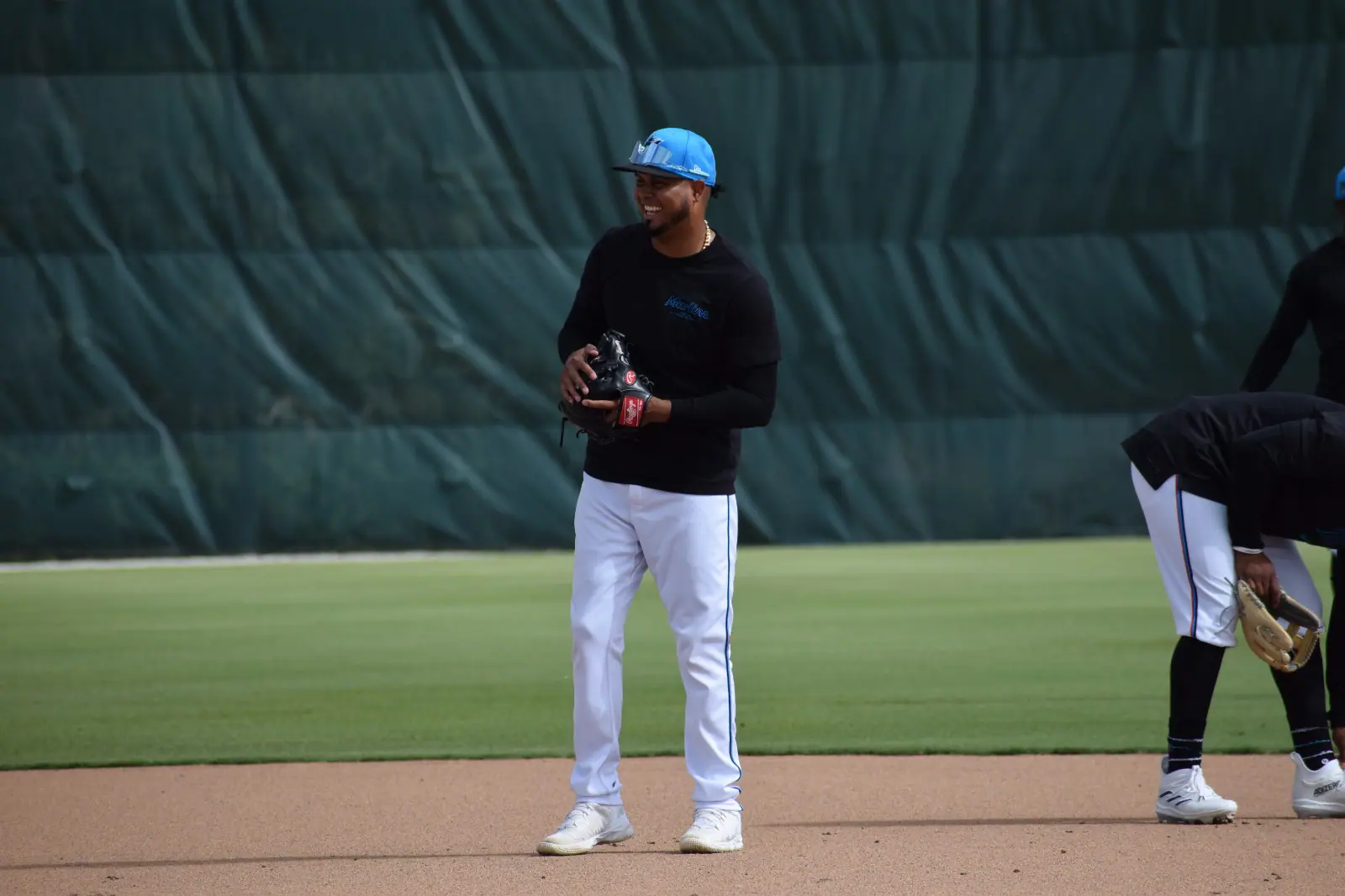
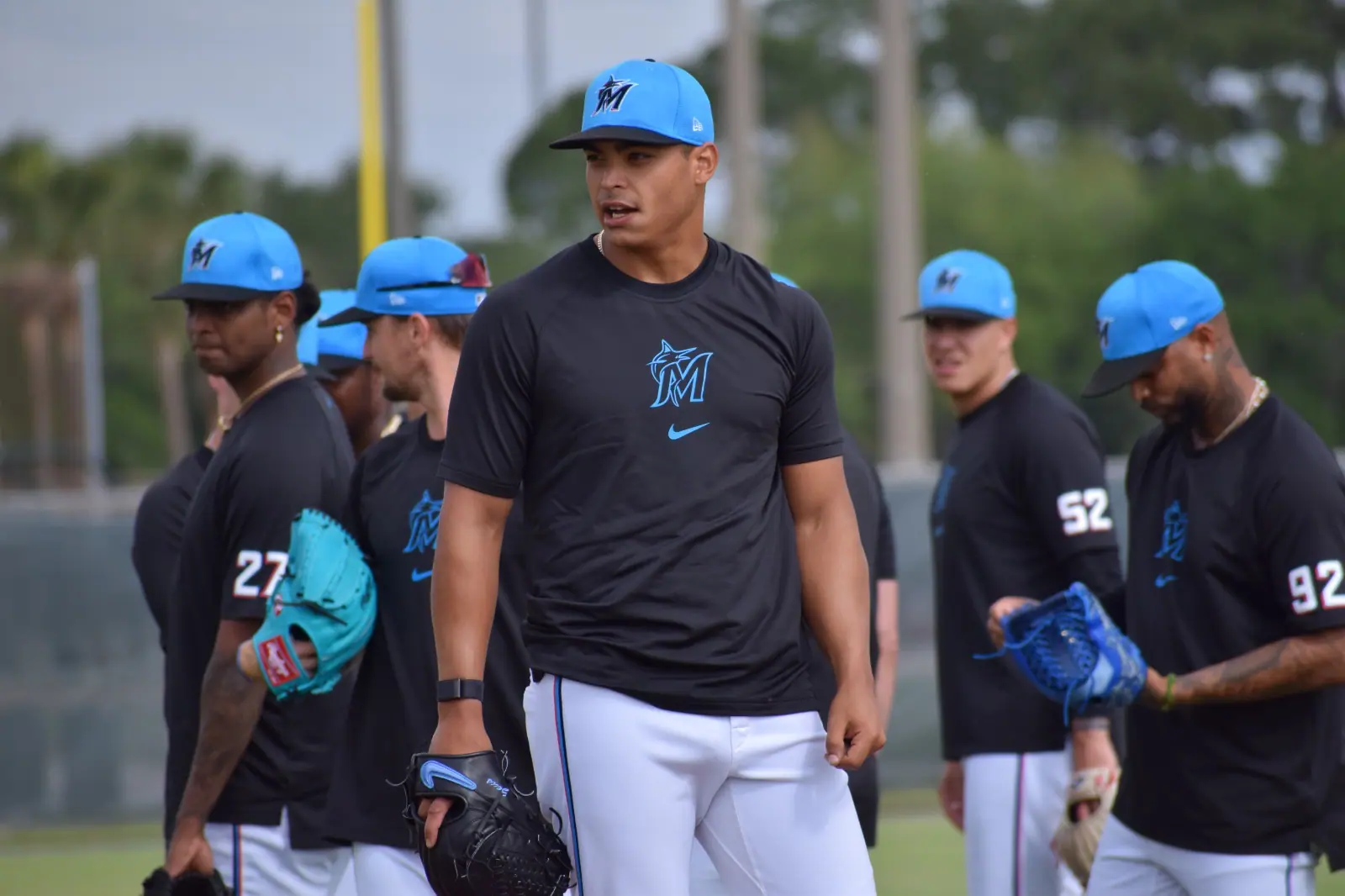
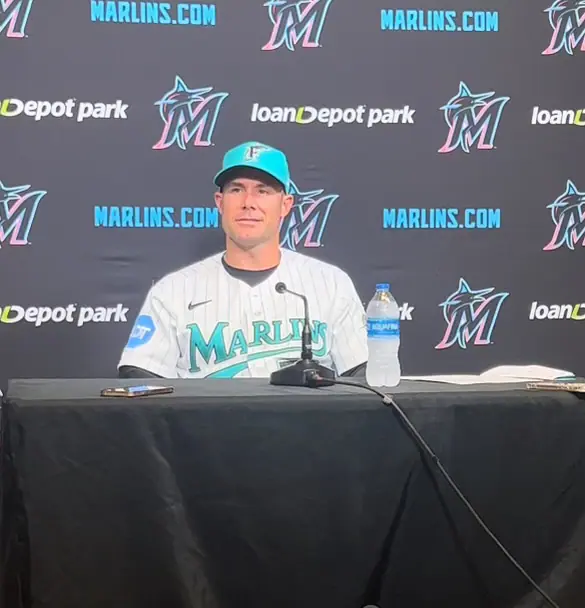
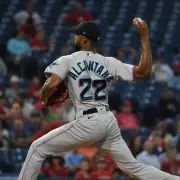
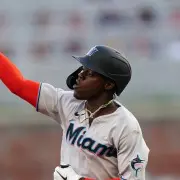
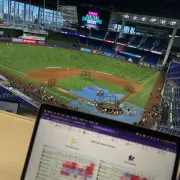



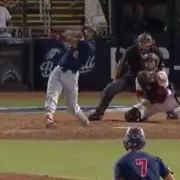

 (@11point7)
(@11point7) 
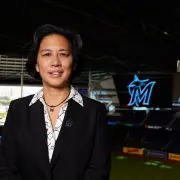
 Baby Joc them doors and turn the lights down low
Baby Joc them doors and turn the lights down low